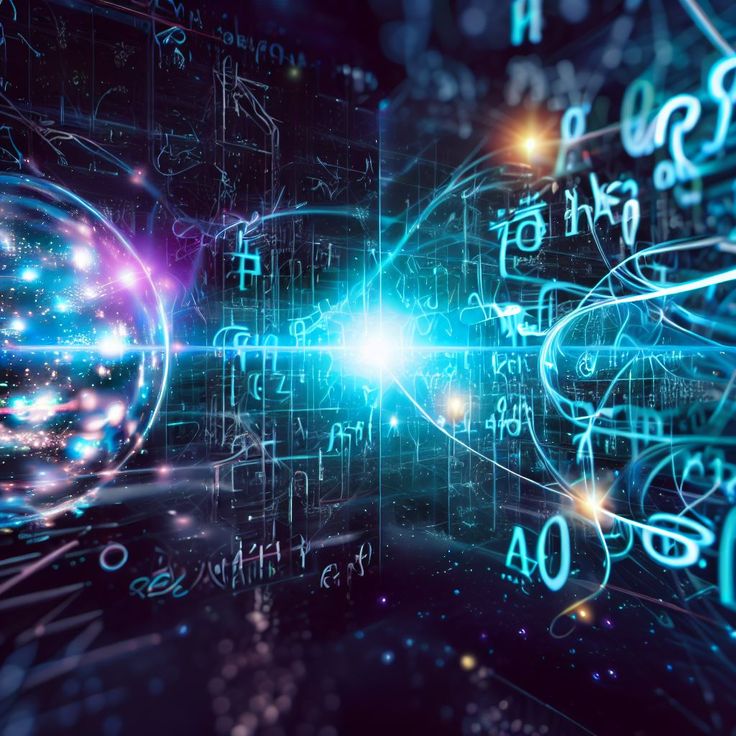Quantum Computing is transforming the world as we know it. Notably, computers can now rapidly solve complex problems, effortlessly crack seemingly unbreakable codes, and accurately simulate the behavior of molecules. Furthermore, this technology is revolutionizing the way we approach complex problems, and its impact will be felt across various industries. As we embark on this journey, we are witnessing the dawn of a new era in computing.
https://blog.makaiindustry.com/2025/03/22/internet-impact-on-society/
What is Quantum Computing?
So the Quantum Computing is a new way of computing. It uses quantum mechanics to do calculations. Unlike classical computers, which rely on bits (0s and 1s), quantum computers utilize qubits. Notably, qubits can exist in multiple states simultaneously, enabling parallel processing of vast information amounts.

How Does Quantum Computing Work ?
It uses three main principles. Firstly, superposition lets qubits exist in many states at once. Next, entposition connects qubits, allowing them to influence each other. Lastly, interference happens when qubits interact, changing their states.
Quantum Computing has the potential to revolutionize various fields, including:
- Cryptography: Quantum computers can break many encryption algorithms currently in use, but they also hold the key to creating unbreakable codes.
- Optimization: By solving complex optimization problems, quantum computers can lead to breakthroughs in fields like logistics and finance.
- Materials Science: Quantum computers can simulate the behavior of molecules, paving the way for discoveries of new materials and drugs.
- Artificial Intelligence: With their ability to speed up machine learning algorithms, quantum computers can enable AI systems to learn and improve faster.
Despite its promise, Quantum Computing is still in its early stages. Several challenges and limitations need to be addressed:
- Error Correction: The fragile nature of qubits makes quantum computers prone to errors.
- Scaling Up: Currently, quantum computers are small-scale and need to be scaled up to perform complex tasks.
- Quantum Noise: Quantum computers are susceptible to noise, which can cause errors and instability.”
Quantum Computing is transforming industries and revolutionizing our lives. Researchers and scientists are actively addressing challenges and limitations, driving innovation forward. As we delve deeper into quantum mechanics, new and exciting applications of Quantum Computing are emerging. https://en.wikipedia.org/wiki/Quantum_computing
